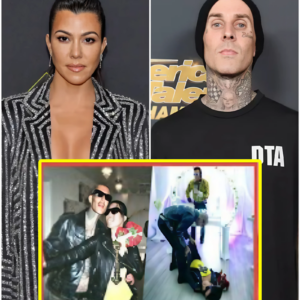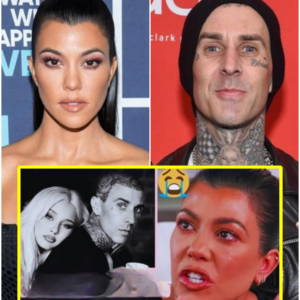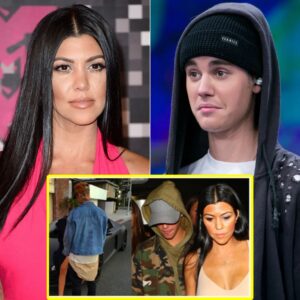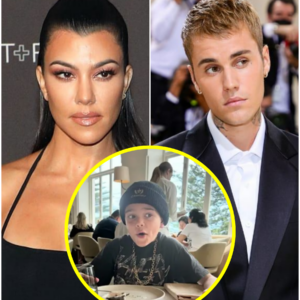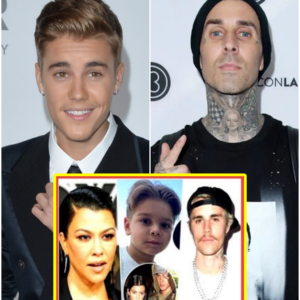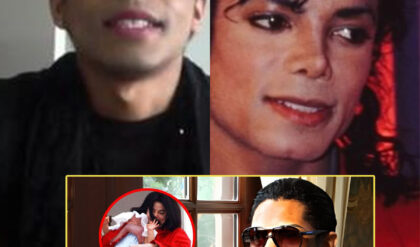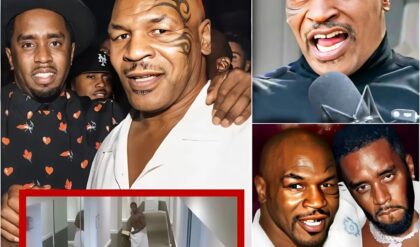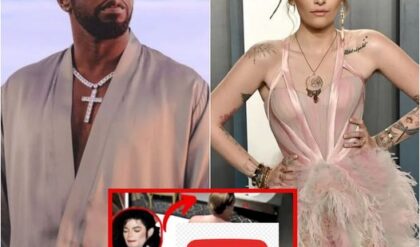In the complex world of hip-hop, few figures are as polarizing as Drake. The Canadian rapper, born Aubrey Drake Graham, has long dominated the charts and maintained a global fanbase. However, his recent comments have reignited debates about cultural appropriation, respect for Black American culture, and his contentious relationship with his peers. Drake’s assertions that Black Americans resent him because he is a “half Jewish Canadian” running the rap game have only added fuel to the fire.
Drake’s background is indeed unique in the hip-hop scene. He is of mixed race, with a Jewish mother and an African-American father, and he hails from Toronto, Canada. This diverse heritage and upbringing have significantly influenced his music and public persona. Yet, some fans and critics argue that Drake has leveraged his multicultural identity in ways that can be seen as exploitative rather than celebratory.
Drake’s ongoing feud with Kendrick Lamar has amplified these criticisms. Kendrick, known for his incisive social commentary, has not minced words in calling out Drake, even labeling him a “colonizer.” This accusation suggests that Drake selectively embraces elements of Black culture that enhance his career while disregarding the broader struggles and histories associated with that culture. This critique has resonated with many who view Drake’s actions as indicative of a larger trend of cultural appropriation within the music industry.
One of the most significant points of contention is the perception that Drake exploits Black American culture for profit without showing adequate respect or understanding. Instances such as Drake posing in blackface and using slavery-themed punchlines in his songs have sparked outrage. Critics argue that these actions trivialize Black pain and history, undermining any claims Drake makes about his solidarity with the Black community.
The blackface controversy is perhaps the most glaring example of this. Photos of Drake in blackface, taken by photographer David LaChapelle in 2007, resurfaced during his beef with Pusha T, who used the image as cover art for his diss track “The Story of Adidon.” Drake defended the photos as an artistic statement meant to highlight the challenges faced by Black actors. However, this explanation did little to quell the backlash, with many viewing it as a poor justification for a deeply offensive act.
Drake’s reputation has also been tarnished by accusations of stealing flows and styles from other artists, most notably from the late XXXTentacion. This feud was particularly heated, with X publicly accusing Drake of copying his flow from the song “Look at Me!” for Drake’s track “KMT.” These accusations of “biting” other artists’ styles have long plagued Drake, with various rappers calling him out for being a “culture vulture.”
Moreover, Drake’s associations with controversial figures and groups, such as the Hell’s Angels, have raised further concerns. The Hell’s Angels have a notorious history of racial violence, and Drake’s apparent support for them, as seen in social media interactions, has only intensified scrutiny of his commitment to Black culture. Critics argue that these connections reveal a troubling disregard for the very community that has helped elevate Drake to his current status.
In response to these criticisms, Drake has often highlighted his multicultural background and personal experiences with discrimination. He argues that his success as a biracial, Jewish Canadian in the predominantly Black American rap industry is a testament to his talent and perseverance. However, this defense rings hollow for many who believe that true respect for a culture involves more than just adopting its aesthetics and vernacular for personal gain.
Drake’s complex identity and his position in the rap game continue to spark heated debates. While his musical talent is undeniable, his approach to Black American culture remains controversial. Whether viewed as a misunderstood artist or a cultural colonizer, Drake’s actions and statements have undoubtedly left a significant impact on the hip-hop community. The ongoing discourse around his behavior serves as a critical reminder of the need for cultural sensitivity and respect in the ever-evolving landscape of music and entertainment.
News
(B) Travis Barker MISSED when Kourtney Kardashian returned home drunk after Kardashians party. (VIDEO)…
Courtney Kardashian made headlines just seven weeks after giving birth when she decided to attend the annual Kardashian Jenner Christmas party sans pants. Despite recently welcoming her fourth child, Rocky, with boyfriend Travis Barker, Courtney seemed anything but tired as…
(B) Kourtney Kardashian Shocking Revelation on Why Her Relationship with Travis Barker Ended. (VIDEO)…
In the public eye, Travis Barker and Courtney Kardashian’s relationship was once perceived as an unbreakable union, filled with passion and devotion. However, recent revelations paint a vastly different picture, revealing the underlying turmoil that ultimately led to its demise….
(B) Kourtney Kardashian SECRET XTAPE With Minor Justin Bieber REVIEWED by The Feds. (VIDEO)
The recent discovery of a video purportedly featuring Courtney Kardashian and Justin Bieber has ignited a firestorm within the entertainment industry, prompting intense speculation about its potential ramifications. This revelation, coupled with reports of a raid on Diddy’s home, has…
(B) EXTREMELY SHOCKING: Kris Jenner Lied About DNA Test To Khloe Kardashian As O.J. Simpson Could Be Her Father. (VIDEO)..
In a moment etched into the memories of internet users, Chris Jenner once orchestrated a dramatic DNA test to dispel rumors surrounding Khloe Kardashian’s paternity. Speculations swirled, stemming from Jenner’s revelations in her memoir “Chris Jenner and All Things Kardashian,”…
(B) Kourtney Kardashian finally shows proof her son Reign Disick is actually Justin Bieber’s son. (VIDEO)..
Courtney Kardashian recently embarked on an exciting escapade to Australia and New Zealand with her husband, Travis Barker, for his tour. However, it was their youngest son, Rain, who stole the spotlight during their adventures. With his mischievous antics and…
(B) NEWS HOT; Travis Barker Found Evidence of Kourtney Shared Baby With Justin Bieber (video)…
The rumor mill surrounding Justin Bieber and the Kardashian family has been churning for quite some time, igniting speculation about his connections with various members. While the details are murky and often sensationalized, let’s delve into the complexities of these…
End of content
No more pages to load
